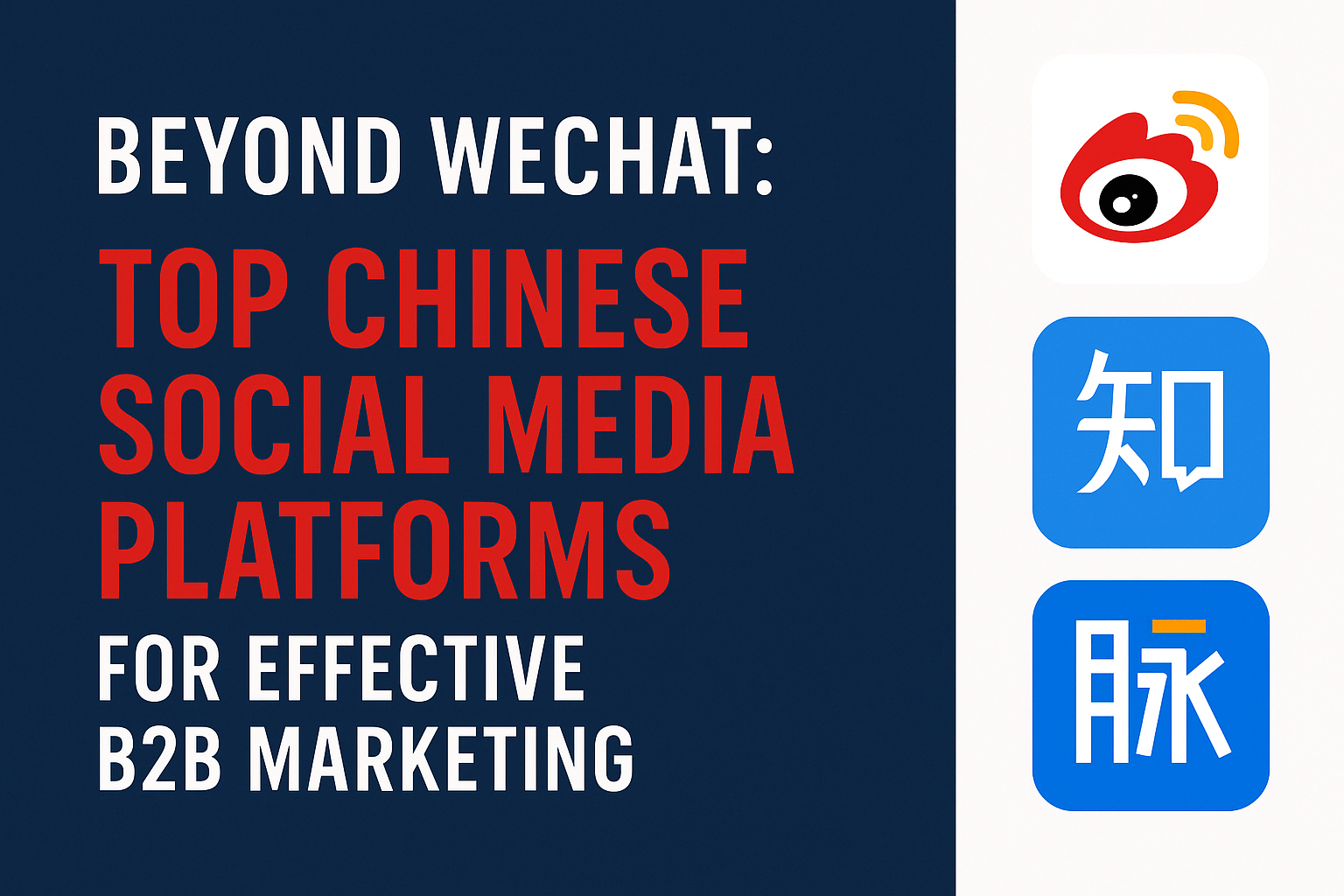The Chinese economy has grown at an extraordinary rate in the last three decades. New buying patterns have been shaped by social progress, technology advancements, and rising disposable personal incomes.
With this growing economy, it’s no surprise that Chinese e-commerce platforms are booming. Live-streaming e-commerce, social e-commerce, and cross-border e-commerce are only a few of the new e-commerce modes that have evolved in the market.
According to a report released by China’s Ministry of Commerce, national e-commerce transactions totalled 34.82 trillion yuan in 2019. There were 10.63 trillion yuan in online retail sales, up 16.5% from the previous year, with physical goods accounting for 8.52 trillion yuan, or 20.7% of total retail sales in the market, and online retail sales of physical goods accounting for 8.52 trillion yuan, or 20.7% of total retail sales in the market.
E-commerce during the Pandemic
However, the global pandemic has had a significant impact on e-commerce. Many experts agree that Covid-19 has had a big impact on consumer behaviour in the first quarter of 2020. However, by 2021, it is obvious that e-consumers have adjusted to the new global environment, with China’s numbers increasing by 17%.
E-commerce has been able to grow as a result of social networks, which have made promotion, communication, and online purchase easier. Furthermore, Chinese apps such as WeChat have made it easier for consumers to buy things directly from manufacturers.
How can brands leverage e-commerce platforms?
To vary their marketing, brands are increasingly developing a mix of daily short videos and live streams within their own social e-commerce platforms. Unlike traditional out-of-home advertisements, where brands are limited to the number of products advertised, e-commerce platforms may now successfully use social media to quickly showcase a variety of different products in order to attract a larger audience.
Using e-commerce platforms in China can be beneficial to a wide number of enterprises. This has become crucial for businesses as a method for generating organic traffic, accurately identifying a targeted customer audience, standing out from competitors with exclusive discounts, and reducing advertising costs.
In China, there are numerous e-commerce platforms. So, which platform is ideal for you if you want to sell your products online?
Some of China’s leading e-commerce players
- TMall TMall, or Taobao Mall is a B2C (business-to-consumer) platform.The majority of its merchants are professionals with a legal entity in China’s company registration system. Because all of the goods on Tmall are official and authentic, the average price is higher than on Taobao.The number of international brands and merchants on Tmall Global expanded by 60% year over year as of December 31, 2020. At the same time Paid GMV on Tmall Global increased by 37%.
This platform is ideal for luxury brands, apparels, electronics, cosmetics and skincare sectors.
- TaobaoTaobao is China’s largest consumer-to-consumer (C2C) e-commerce platform. The website is owned by Alibaba Group, a Chinese internet and technology corporation based in Hangzhou. According to a 2020 report, the platform’s monthly active mobile users reached 902 million, with a rise of 22 million in a single quarter, and yearly active consumers reached 779 million.
This platform is ideal for all kinds of online businesses.
- PinduoduoPinduoduo is a new but competitive e-commerce platform in China. It was formed in 2015, yet it only took four years to attain a trillion-yuan gross merchandise volume. Its main benefit is social e-commerce, where consumers invite their friends to buy things and receive discounts.According to Pinduoduo’s most recent financial report, the number of active purchasers on the platform reached 788.4 million at the end of 2020, up 35% from 585.2 million at the end of 2019.
This platform is ideal for the agricultural and food sectors.
- JD.comWhen comparing Taobao to eBay, JD.com, the second largest B2C platform is comparable to Amazon. It primarily sells 3C products, including cell phones, laptops, and home appliances. They source products directly from brands and suppliers, who then distribute them to clients via JD.com’s official courier.JD Daojia, JD.com’s grocery services. With a total GMV of RMB 21.3 billion in 2020, it grew 102.9% from the previous year.
This platform is ideal for apparel, electronics and fresh food sectors.
Social commerce
- DouyinOne of the most popular social media networks, Douyin, the Chinese version of TikTok, is working on an e-commerce website. Since June 2020, ByteDance, the company that owns Douyin, has established an e-commerce department as the first level business unit.Douyin E-GMV commerce’s topped 500 billion yuan in February 2020, more than tripling that of 2019.
This platform is ideal for the cosmetics, accessories, clothes and food sectors
On our blog, we’re also covering e-commerce on Kuaishou. You can also learn how niche perfume brands are accelerating on e-commerce platforms.
Conclusion
The Chinese internet market is by far the largest in the world, with over 850 million subscribers. Even though China has not yet achieved high-income economic status, it is well on its way, with income levels in the largest cities now approaching those of the most advanced economies.
Furthermore, the country’s technological thirst propels the e-commerce business ahead, making it a leader in a number of categories, including mobile commerce and payments.
The current situation today in the Chinese eCommerce market is exciting. Because platforms are competing to be the most appealing to customers and companies. This competition not only implies more tools for merchants and consumers, but it also means less stringent registration criteria for companies looking to register on these platforms.
Hence, this is an ideal way for international companies to reach the Chinese market. If you require further support with setting up your account please contact our team. We use our knowledge and expertise to help businesses build meaningful partnerships and develop their network among Chinese customers. For additional information, please contact us by phone – Shanghai or Hong Kong



